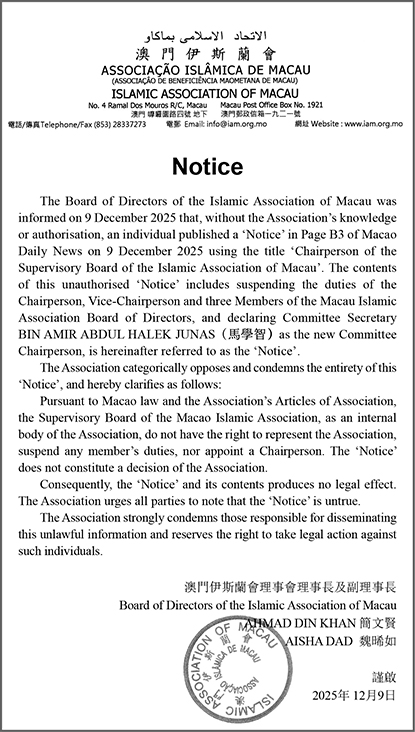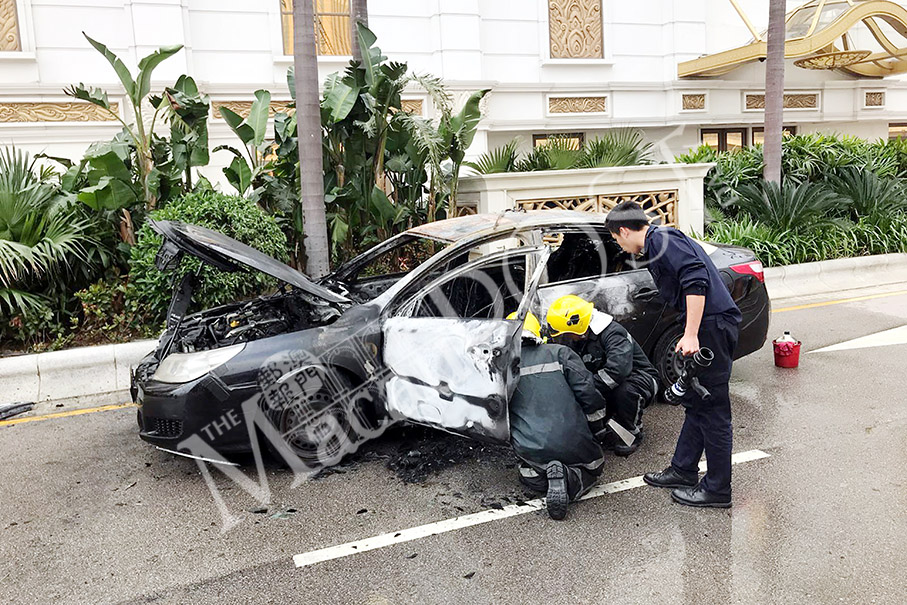Editorial
The current Ukraine conflict is just the latest of a raft of military invasions and incursions into sovereign countries as well as other kinds of cross-border military operations such as airstrikes that have perturbed the international community in the past few decades – Afghanistan, Iraq, Libya, Syria and Yemen spring to mind.
Several Western European countries including the continent’s major powers Germany, France and the UK joined some of those military conflicts in Asia and the Middle East. They were also involved in some of the 10-year-long Yugoslav Wars that only ended in 2001 and were the first post-WWII wars in Europe, apart from military clashes between NATO-members Greece and Turkey in the mid-1980s.
Tensions between Russia and Ukraine intensified when a NATO summit in Bucharest in 2008 agreed that Ukraine and Georgia (another ex-Soviet Union member state) “will become members” of the alliance.
For Moscow, NATO’s eastward expansion drive, which started with Poland, Hungary and the Czech Republic in 1999 was like what’s a red rag to a bull – it felt threatened. However, possible NATO membership for Ukraine – Europe’s second-largest country by area after Russia – was more than just a red rag, for Moscow it became a red line that was not be crossed by the West.
Well, military conflict often erupts when one of the sides feels threatened by the other one, i.e., it believes that its legitimate security interests are at stake. What matters here is perception, not reality.
Regrettably, the West (the US and EU in particular) blithely ignored the warning signals that Moscow sent out. International relations scholar Prof John Maersheimer* of the University of Chicago, a prominent member of the realist school of thought, has warned of the potentially explosive situation between Russia and Ukraine over the NATO membership issue for years. Unfortunately, his warnings have fallen on death ears. Now we’ve had it.
The West also turned a blind eye on the alleged discrimination of Ukraine’s Russian minority, which accounts for nearly one-fifth of its population, by the government in Kyiv, as well as claims that neo-fascist militias have been terrorising ethnic Russians and Russian speakers (Russian is the first language of one-third of Ukrainians) in the country of 40 million inhabitants.
Don’t get me wrong: I don’t attempt to justify Russia’s military operation, I merely try to find out why it got off the ground. Make no mistake, this war should never have happened. But, of course, the Ukraine issue has its underlying causes. The armed conflict didn’t happen by coincidence, it has its historical background such as what happened in Nazi-occupied Ukraine during WWII.
I was quite impressed by Foreign Minister Wang Yi’s five points** concerning the Ukraine issue that he presented on Friday in separate telephone calls with his foreign counterparts or their representatives from the UK, EU and France, namely the commitment to safeguard every country’s sovereignty and territorial integrity; the concept of common, comprehensive, cooperative and sustainable security; the need to respect all countries’ reasonable security concerns; the point that common people’s lives and properties in Ukraine should be safeguarded; the encouragement of all diplomatic efforts that are conducive to the peaceful settlement of the Ukraine crisis including direct talks between Russia and Ukraine, as well as China’s desire that Europe and Russia set up a balanced European security mechanism; and the wish that all actions taken by the UN Security Council should reduce tension rather than add fuel to the flames.
President Xi Jinping urged his Russian counterpart Vladimir Putin in a telephone conversation on Friday to solve the issue through negotiation with Ukraine.
Negotiation between the two sides is certainly the right way forward. It’s high time to sit down and talk!
The good news among all the adversity is that Ukraine agreed last night (Macau time) to hold talks with Russia at the Belarus border. ***
Meanwhile, Wang told his German counterpart Annalena Baerbock in a telephone conversation on Saturday that China does not approve of solving problems by imposing sanctions. “Practice has already proved that rather than solving problems, sanctions can create new ones,” Xinhua quoted Wang as saying. Wang also said that “sanctions will not only lead to a ‘lose-lose’ situation of multiple losses in the economy, but also disturb the process of political settlement.”
As an EU citizen I do worry that the barrage of sanctions announced by Brussels and individual EU member states against Russia will ultimately backfire by leading to huge economic problems for the EU’s about 447 million inhabitants. According to Brussels’ statistics agency Eurostat, in 2020, 96.5 million people in the EU were at risk of poverty or social exclusion; this was equivalent to nearly 22 percent of the EU population. I wonder whether Europe’s top politicians took the predicament into account when they decided to launch their “cannonade” of sanctions.
Let’s hope that Moscow and Kyiv will be able to end the armed conflict through an extremely frank and substantial dialogue. Both need to address their respective security and other concerns that have poisoned their relations for decades. They owe it their own peoples.
Perhaps China or Israel, two experienced players on the international stage that both have good relations with Russia, could possibly assist in getting the two sides on the negotiating table.
In my view, Ukraine’s neutralisation could be a viable way out of the dilemma. As a neutral country between Russia and the EU, Ukraine could play a useful role as a bridge between the two sides.
However, in the medium term the EU and Russia should set up a mutually beneficial European security mechanism – and Europeans should finally get their act together and set up their own defence system, as French President Emmanuel Macron has been proposing for years.
European security can only be achieved with Russia, not against it. Let’s not forget that the Russian Federation is a European country as well, and its largest in area and population.
P.S. I hope that the West doesn’t confine the Ukraine and the Taiwan issues. The Ukraine issue is a conflict between two sovereign countries. The West must regard the Taiwan question as what it is, an internal Chinese matter. All countries that have diplomatic ties with Beijing have formally recognised the one-China position. That’s a fact that no-one should tamper with.
– Harald Brüning
* Why is Ukraine the West’s Fault? Featuring John Mearsheimer (Sept 26, 2015) https://www.youtube.com/watch?v=JrMiSQAGOS4
** More on page 7
*** More on page 11









